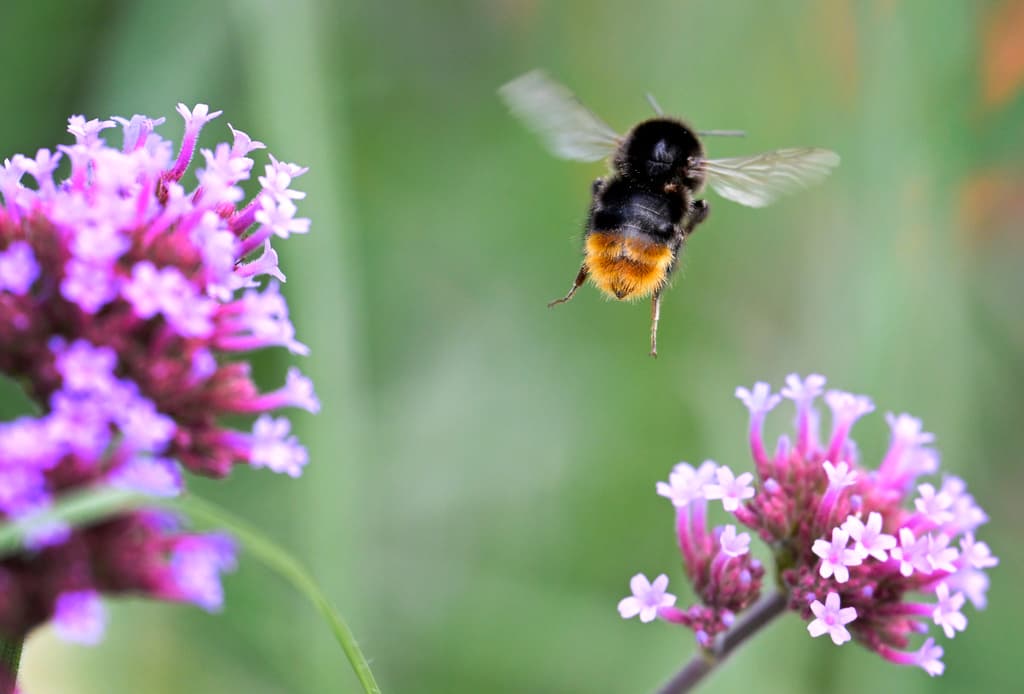Do bird songs, bee buzz, and flower meadows play a role in the EU election? At least according to researchers, who believe it is urgent to agree on the law to restore nature and halt the threatening loss of species.
It's about heathlands, old forests, wetlands, and other green areas that are important for the survival of species.
Many Swedes rank climate and environment high on the agenda before the EU election. A heavy environmental issue for the union in the near future concerns the fate of the law intended to reverse the degradation of nature and the galloping loss of plant and animal species – the restoration of nature regulation.
The regulation is contested and failed to reach a majority in the spring due to political disagreement. But the importance of quickly passing it cannot be overstated, according to Alexandre Antonelli, professor of biological diversity at the University of Gothenburg.
He points out that Europe stands out globally in that a higher proportion of land than in many other parts of the world has been used for example for housing, roads, and agriculture. This means that many species have nowhere to go.
The law is also seen as important for the climate, as for example restored forests and wetlands can bind more carbon dioxide. Healthy ecosystems are also better equipped to cope with a warmer climate.
The proposed law states, among other things, that at least 20% of the EU's land and sea area should be restored by 2030. And all ecosystems that need to be restored should be restored by 2050.
The opposition to the law is mainly due to concern that agriculture and forestry will have to take a step back to achieve the goals. This is a reason why the Swedish government has voted against it.
But the disagreements do not need to be as great, according to Alexandre Antonelli. For example, when it comes to forests.
The positive, according to Antonelli, is that research shows that there are now good methods for recreating nature so that it resembles the original habitats.
Some of the other questions within climate and environment that the EU Parliament has on its agenda for the coming year:
Targets for emissions reductions by 2040
Agriculture's transformation
Ban on "forever chemicals" PFAS
New forestry surveillance law






